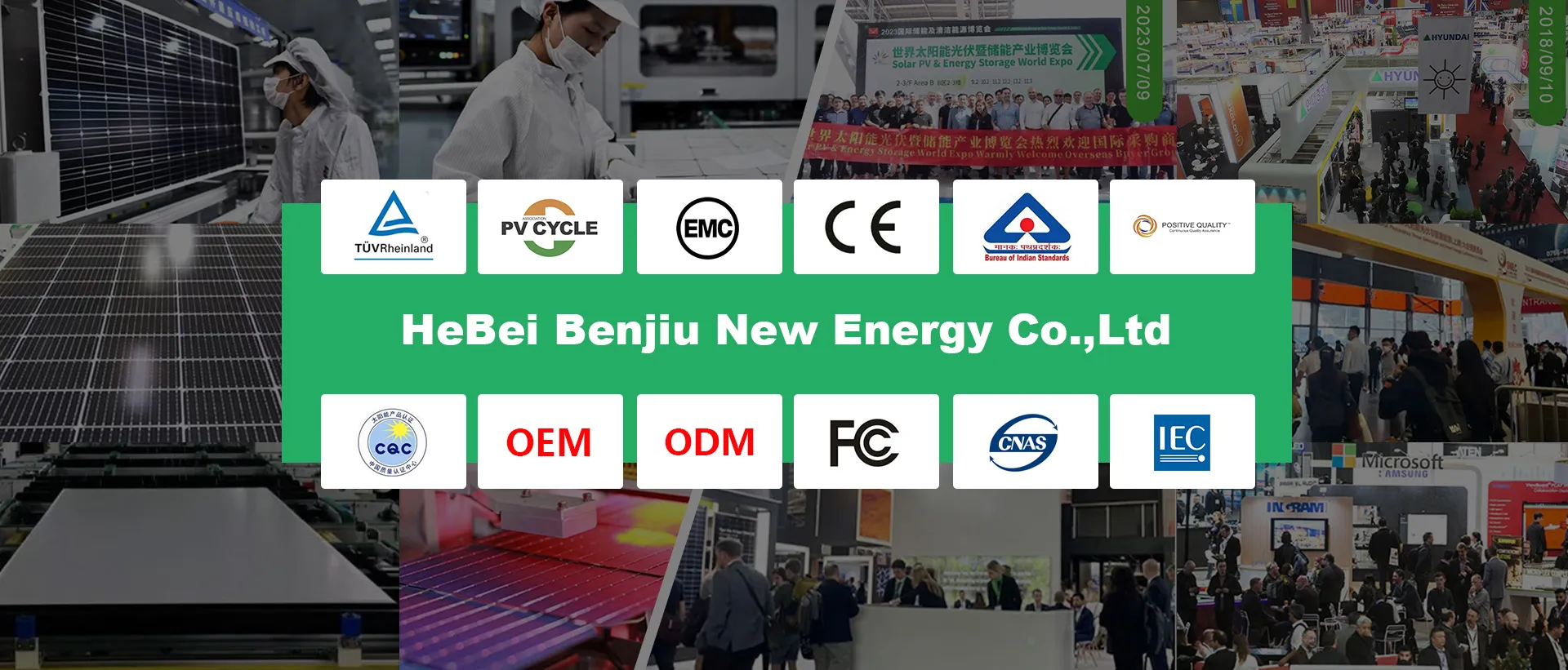3kw dc to ac converter
Understanding the 3kW DC to AC Converter A Key Component in Modern Energy Systems
In today's world, the conversion of direct current (DC) to alternating current (AC) is becoming increasingly vital. One of the most commonly discussed technologies in this regard is the 3kW DC to AC converter. These devices have emerged as essential components in various applications, ranging from renewable energy systems to powering household appliances, making it crucial for us to understand their significance, functionality, and applications.
What is a DC to AC Converter?
A DC to AC converter, commonly referred to as an inverter, is an electronic device that transforms DC electricity into AC electricity. This transformation is necessary because many of our home appliances and electrical grids operate on AC power. The 3kW designation indicates the maximum power output of the inverter, which is sufficient for a variety of applications, including solar power systems, battery backups, and more.
How Does it Work?
The primary operation of a 3kW DC to AC converter involves several key components. The inverter typically takes the DC voltage from sources such as solar panels or batteries and switches it on and off rapidly to create an alternating waveform. The frequency of this waveform usually adheres to the standards of 50 or 60 Hz, depending on the region. The inverter uses transistors or MOSFETs (Metal-Oxide-Semiconductor Field-Effect Transistors) to control the switching process, and it employs a transformation method to maintain the desired voltage level.
Moreover, there are two main types of inverters pure sine wave inverters and modified sine wave inverters. Pure sine wave inverters produce a smooth and continuous waveform, which is ideal for sensitive electronics and appliances. In contrast, modified sine wave inverters create a stepped waveform, which is sufficient for simpler devices but may cause overheating or noise in more complex electronics.
Applications of 3kW DC to AC Converters
3kw dc to ac converter

The applications for a 3kW DC to AC converter are vast. One of the most prominent uses is in solar energy systems. As the push for renewable energy grows, many households are investing in solar panel installations. A 3kW inverter can efficiently convert the DC power produced by solar panels into AC power for household use or for feeding back into the grid.
Additionally, these inverters find application in uninterruptible power supplies (UPS) systems. They provide critical power backup during outages, ensuring that essential devices such as computers and medical equipment remain operational. Moreover, inverters are increasingly used in electric vehicles (EVs), where they play a crucial role in converting the DC output from batteries into AC power required for electric motor operation.
Advantages of Using a 3kW DC to AC Converter
One of the significant advantages of using a 3kW DC to AC converter is its ability to provide a reliable power source. The inverter not only allows for the utilization of renewable energy sources but also improves energy efficiency by enabling the use of batteries for energy storage. In addition, the compact design of many contemporary inverters makes them easy to install and integrate into various systems.
Moreover, increasing energy independence is another benefit. By converting DC power generated from renewable resources into AC power, users can significantly reduce their reliance on traditional electricity sources. This transition not only reduces energy costs but also contributes to lower carbon emissions, promoting a more sustainable future.
Conclusion
In summary, the 3kW DC to AC converter is a pivotal component in modern electrical systems, particularly as we move toward a more sustainable energy future. Understanding how these devices function and their wide range of applications can help individuals and businesses make informed decisions about energy use and management. As technology continues to evolve and the demand for efficient and sustainable power solutions grows, the role of DC to AC converters will undoubtedly become even more significant. Whether used in residential solar systems, backup power supplies, or electric vehicles, these devices represent a fundamental shift in how we harness and utilize energy today.
-
String Solar Inverter: The High-Efficiency Solution for Smart Solar EnergyNewsJul.14,2025
-
Revolutionizing Rooftop Energy with the Power of the Micro Solar InverterNewsJul.14,2025
-
Power Independence with Smart Off Grid Solar Inverter SolutionsNewsJul.14,2025
-
On Grid Solar Inverter: Powering the Future with Smart Grid IntegrationNewsJul.14,2025
-
Monocrystalline Solar Panels: High-Efficiency Power for the Future of Clean EnergyNewsJul.14,2025
-
Bifacial Solar Panel: A Smarter Investment for Next-Generation Energy SystemsNewsJul.14,2025







